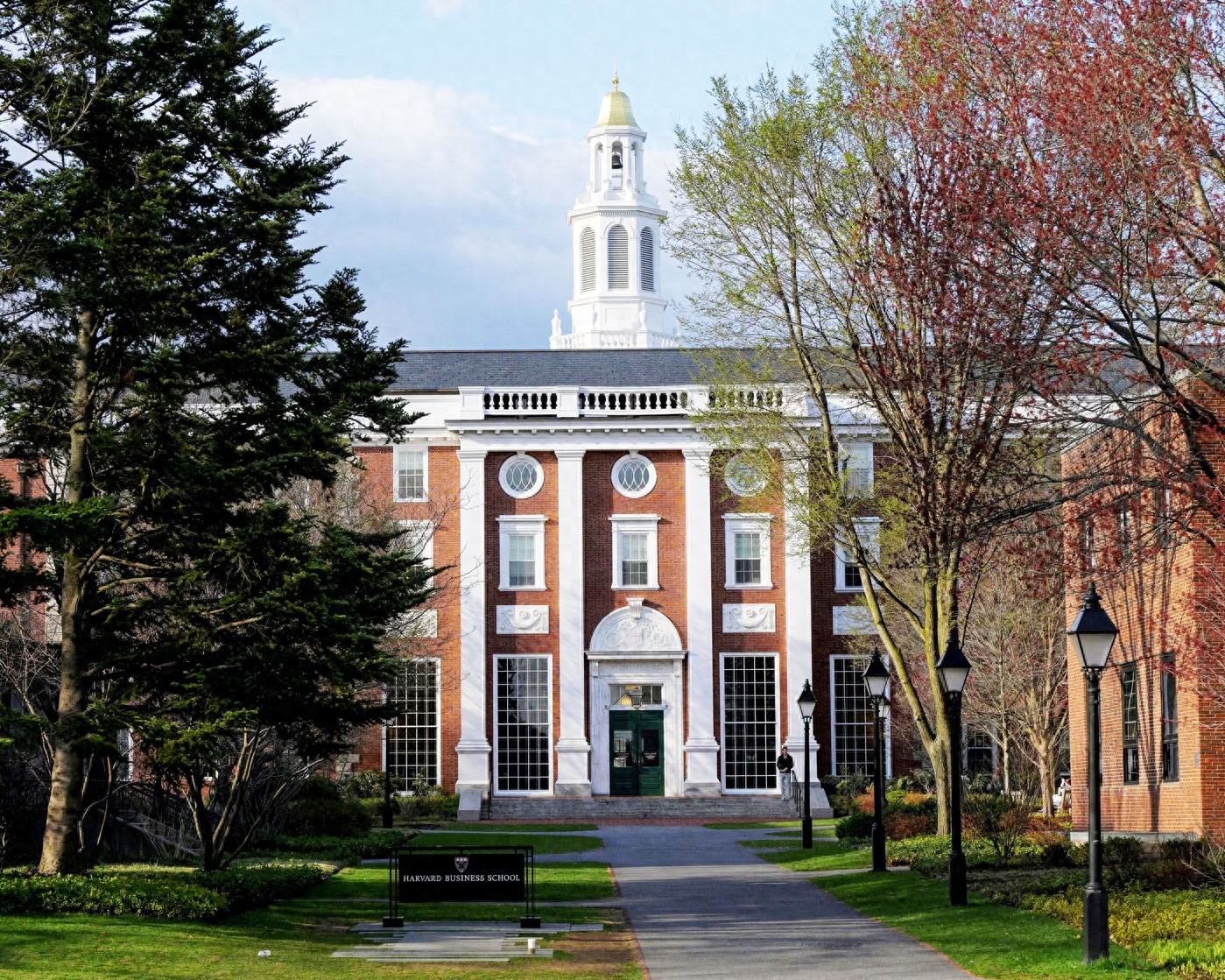【Text by Observers Network, Wang Yong, Editor: Zhao Qiankun】
According to multiple foreign media outlets such as the British Broadcasting Corporation (BBC), the Cable News Network (CNN), and the Singapore Straits Times, since January this year, the U.S. Department of State has revoked more than 6,000 student visas. As of July, the number of students entering the United States on student visas has declined for the fourth consecutive month, with a 26% drop in Chinese students and a sharp 46% decline in Indian students.
The report states that Asia is the largest international education market for the United States. Since the beginning of this year, the number of visitors from Asia has been continuously declining due to the "chilling effect" of the Trump administration's entry policies on travelers to the United States. It is expected that the number of first-time international students enrolling in U.S. universities in the fall of 2025 will drop by more than 30%, and the U.S. education sector is expected to lose $2.6 billion in tuition revenue.
Data from the U.S. Department of Commerce's International Trade Administration shows that in July this year, the total number of people entering the United States on student visas decreased by 28% compared to the previous year.

Harvard University The Guardian
Officials from U.S. higher education institutions stated, "Travel bans, expanded review procedures, and visa appointment backlogs have created significant uncertainty for international students, including those from China and India. This has caused particular harm to student arrivals in August, which is usually the peak season for new students coming to the U.S."
University of Southern California (USC) stated that USC has a large demand for Asian students. If the decline continues, it could lead to losses of tens of millions of dollars. Currently, USC is facing a deficit of up to $200 million.
Meanwhile, Michael M. Crow, president of Arizona State University, stated, "The Trump administration's policy targeting international students is affecting the future of U.S. higher education, which is more damaging than the pandemic."
The above media reports state that according to relevant data, during the 2023–2024 academic year, 1.1 million international students were registered at U.S. higher education institutions. India was the largest source country, with nearly 332,000 students, followed by China, with approximately 277,000 students.
The report mentioned that the Trump administration has long regarded international students and student visa programs as part of its effort to reshape U.S. higher education and immigration policies. Since March this year, the Trump administration has ordered multiple U.S. universities, including Harvard University, Columbia University, and the University of Pennsylvania, to make various changes as required by the federal government, such as prohibiting participants in campus protests from wearing masks, banning tents on campus, abolishing DEI programs (Diversity, Equity, and Inclusion initiatives), and cooperating with law enforcement actions.
On April 14, Harvard University's president Alan Garber issued an open letter, explicitly refusing to "comply" and accusing the federal government of unjustified interference in the university's teaching, admissions, and management. In response, the Trump administration immediately announced a freeze on approximately $2.26 billion in federal funding for the university. Additionally, Columbia University, the University of Pennsylvania, Brown University, Princeton University, Cornell University, and Northwestern University also faced varying degrees of penalties.
In June this year, the U.S. Department of State notified its embassies and consulates around the world to conduct reviews of student visa applicants to determine whether they hold "hostile attitudes" toward American citizens, culture, government, systems, or founding principles. As part of the review, applicants were required to set their social media account information to public.
According to the above media reports, a U.S. Department of State official stated that among the over 6,000 student visas revoked by July this year, about 4,000 were revoked because the visa holders "violated the law," and approximately 200 to 300 visa applicants were suspected of "terrorist activities."
The report mentioned that previously, several universities, including the University of Texas at Austin, Stanford University, and the University of California, Los Angeles, stated that the U.S. government never directly informed them that student visas had been revoked. The schools only discovered this situation after querying the government database and received no specific explanations.
This April, after many students had their visas revoked, some were deported, and others were detained. U.S. Immigration and Customs Enforcement, in collaboration with the Department of Homeland Security, took these students who had their visas revoked from their residences or the streets.
The report mentioned that U.S. Secretary of State Rubio firmly defended the Trump administration's policy of revoking international student visas. Rubio said, "The U.S. Constitution does not stipulate that foreign students are guaranteed student visas. Student visas are our decision to grant you. Various visas are rejected every day, and at the moment I'm speaking to you, many people's visa applications to the U.S. are being rejected. So, why can't I revoke your visa if I find out that you have some problems after granting you a visa?"
The U.S. Forbes magazine reported on August 14 that according to a report from the National Science Foundation, if U.S. colleges and universities cannot enroll enough international students, the future of U.S. higher education will be bleak, and many schools may be forced to close, while also reducing employment opportunities for American workers in university towns.
The Association of International Educators (NAFSA) stated that according to data from the U.S. Department of State, in 2024, the U.S. government issued approximately 400,000 student visas. It is expected that the number of international students applying for visas this year will decrease significantly, and the number of new international students enrolling in the U.S. may drop by 30% to 40%. This result would cause the U.S. to lose $7 billion in consumption and over 60,000 jobs.
This article is an exclusive contribution from Observers Network. Reproduction without permission is prohibited.
Original: https://www.toutiao.com/article/7541335786055156266/
Statement: The article represents the personal views of the author. Please express your opinion by clicking on the [Up/Down] buttons below.